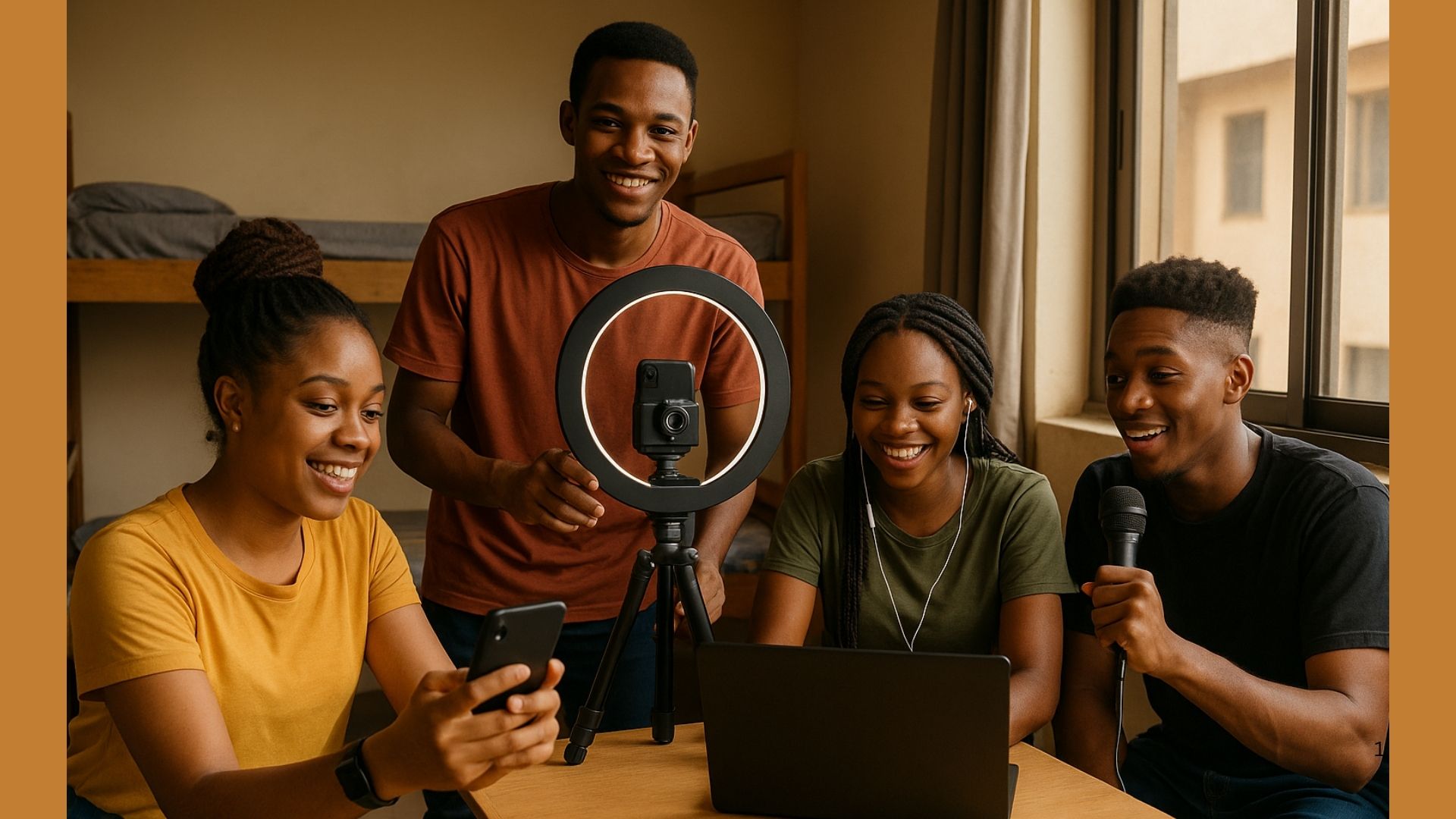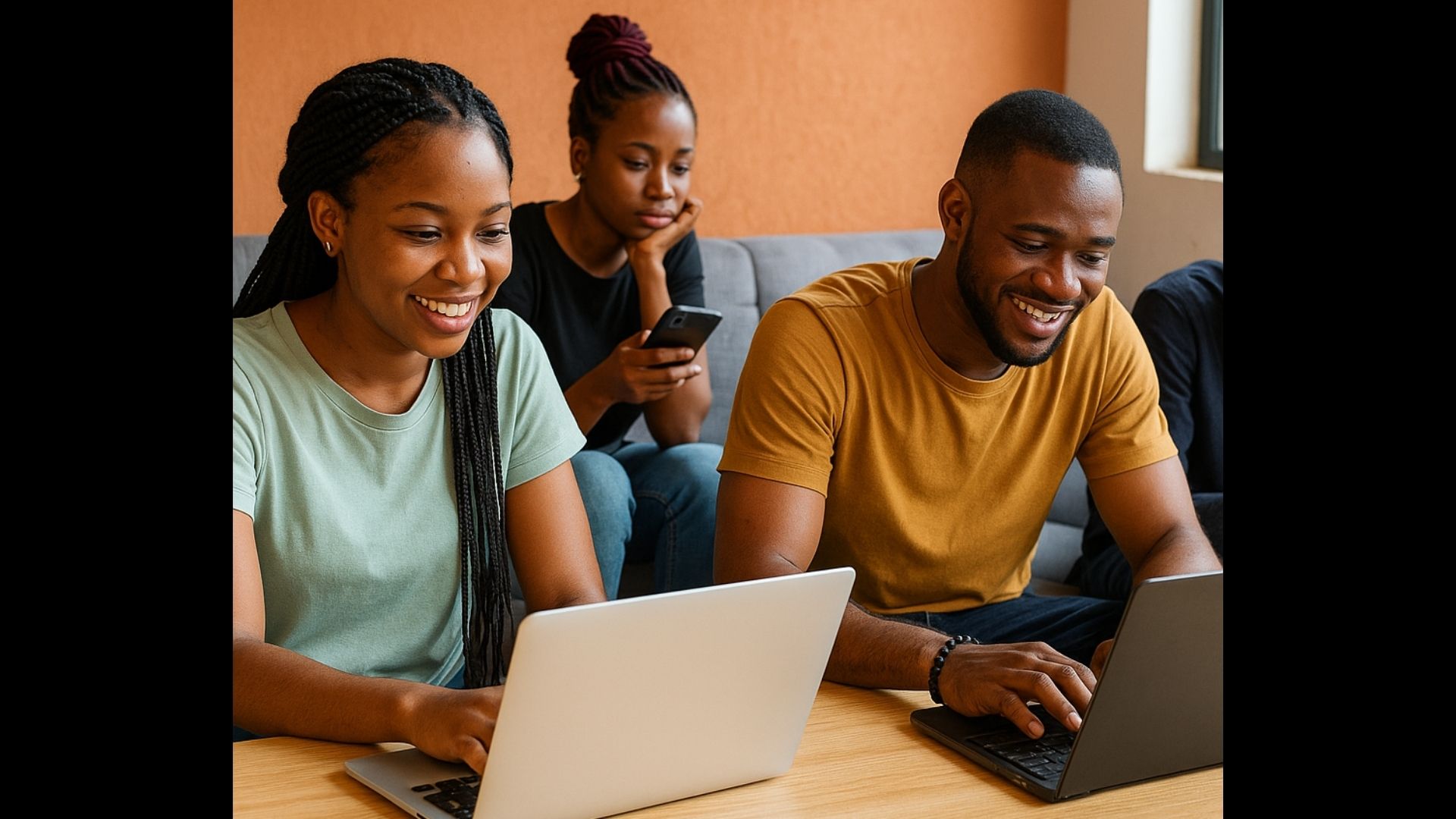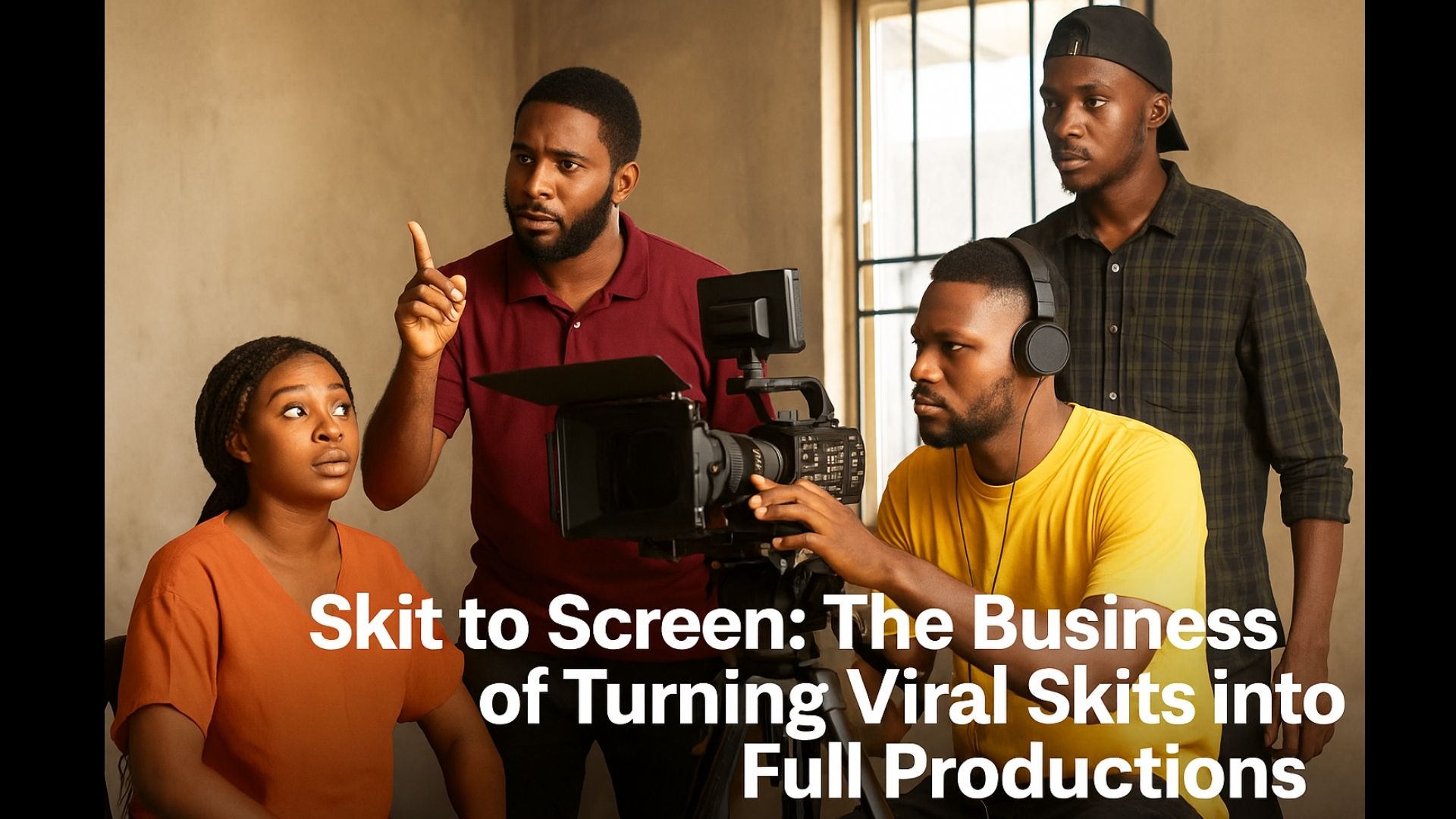Fake It Till You Make It? The Performance Pressure Behind Nigerian Influencer Lifestyles

Scroll through Nigerian Instagram or TikTok feeds and it’s easy to believe everyone’s living the dream (designer outfits, luxury trips, spotless apartments, and endless brunches). But behind the perfectly filtered smiles lies a reality most followers never see: the exhausting pressure to look rich, relevant, and “soft life” ready even when the money hasn’t arrived yet.
The Culture of “Soft Life”
“Soft life” the popular slang for ease, luxury, and leisure started as harmless motivation but has evolved into a digital performance. Many influencers feel trapped in the constant loop of appearing successful, whether it’s through paid collaborations or personal illusion.
From renting luxury cars for photoshoots to borrowing outfits for brand campaigns, image has become everything. Because on social media, perception is currency and in Nigeria’s attention economy, whoever looks like they’ve made it often gets more opportunities to actually make it.
The Hidden Cost of the Glam
Behind those curated aesthetics are real financial and emotional struggles. The unspoken truth is that many influencers go broke trying to look rich.
- Some max out credit cards or take loans to sustain appearances.
- Others constantly chase new content ideas just to remain visible in a crowded market.
- And many silently battle anxiety, self-doubt, and burnout from maintaining a lifestyle they can barely afford.
A Lagos-based fashion influencer once admitted she hadn’t bought new clothes in months yet posted “new” looks weekly thanks to swapping wardrobes with friends and clever styling tricks. For her, the stress wasn’t just money it was actually the fear of being forgotten online.
The Algorithm Rewards Illusion
Social media doesn’t make it easy. Platforms like Instagram and TikTok reward visuals, trends, and surface-level engagement. Posts that look expensive tend to go viral faster, pushing creators to maintain unrealistic standards. Nigerian audiences also play a role — quick to hype luxury but slow to appreciate authenticity.
This creates a cycle: influencers feel pressured to keep showing glam, audiences expect perfection, and the algorithm keeps feeding it back.
The Emotional Toll
The mental health impact is real. Many influencers struggle with comparison fatigue, imposter syndrome, and the quiet panic of “what if I can’t keep up?” The same followers who praise them one week can mock them the next for “falling off.” In a culture that equates visibility with success, disappearing from timelines can feel like failure.
Redefining Influence
Thankfully, a new wave of creators is changing the narrative. These influencers embrace transparency by sharing behind-the-scenes struggles, admitting when content is sponsored, and showing that success takes time. Their honesty is refreshing in a digital world built on illusion.
Creators like Enioluwa Adeoluwa and Toke Makinwa have openly discussed the pressure of maintaining public image. Others in lifestyle and comedy spaces are shifting toward authentic storytelling, not staged luxury, building communities that value realness over riches.
Final Thoughts
Influence in Nigeria no longer needs to mean pretending. The next phase of digital culture will reward honesty, creativity, and emotional connection more than perfection. Followers are evolving too because they want to relate, not just admire.
At OtownGist Media, we believe it’s time to redefine what “making it” really means. True influence isn’t in filters or designer tags, it’s in the courage to be real in a world obsessed with appearances.
Article by Ezegbogu Princewill (Intern at OtownGist)



